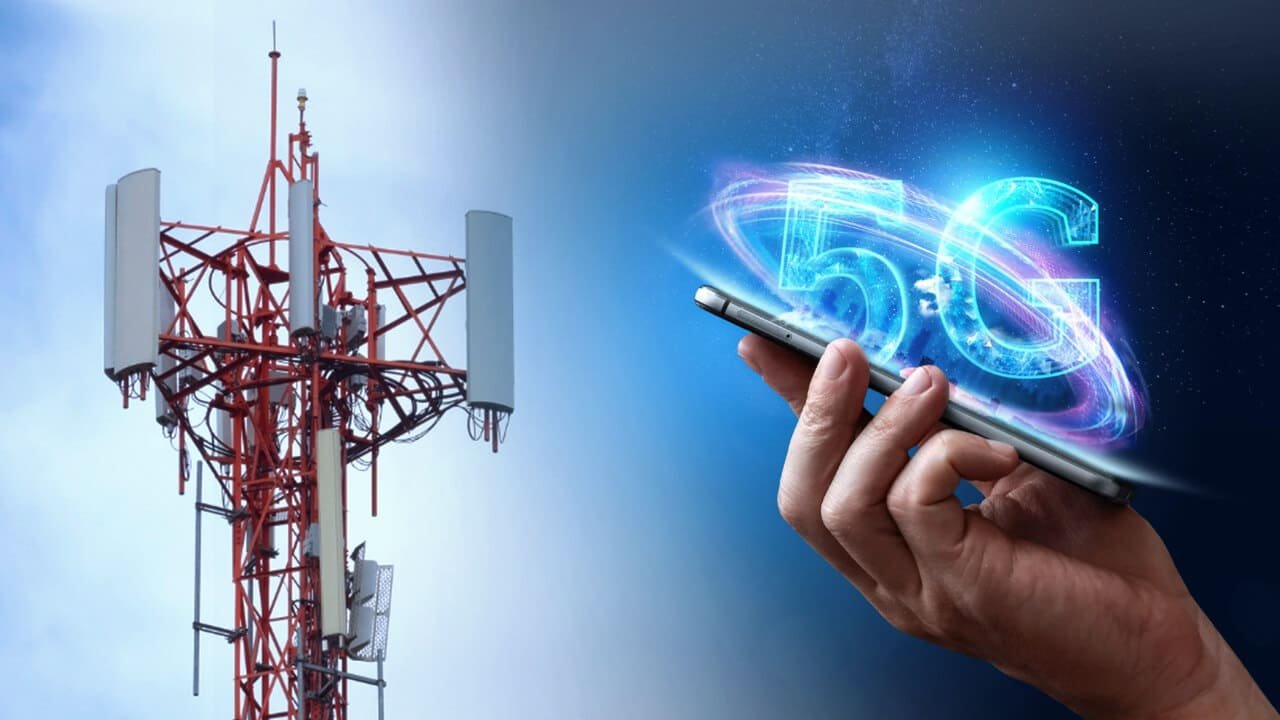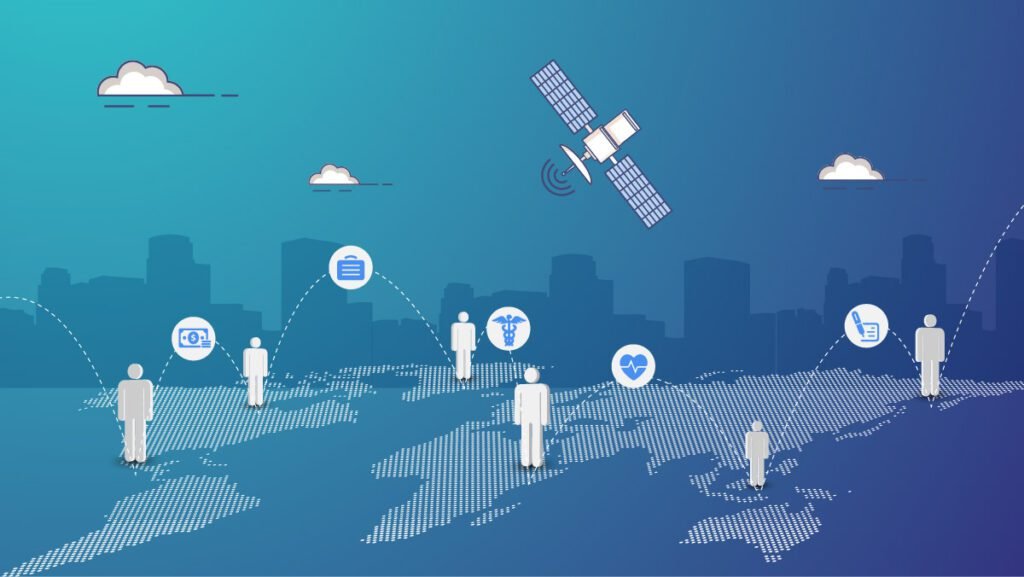The Impact of Telecommunications on Global Connectivity
Telecommunications technology has transformed the way we connect and communicate, leading to a more interconnected and accessible world. From the rise of the internet to the proliferation of mobile devices, telecommunications have played a pivotal role in shaping modern society. This blog post explores the profound impact of telecommunications on global connectivity and how it continues to drive innovation and change.
Revolutionizing Communication
Telecommunications have revolutionized communication by making it faster, more reliable, and more accessible. Key developments include:
1. The Internet
The advent of the internet has been a game-changer for global communication. It has enabled instant messaging, video conferencing, and social media, bridging distances and allowing people to stay connected regardless of location.
2. Mobile Technology
Mobile phones and smartphones have made it possible for people to communicate on the go. With the expansion of 4G and 5G networks, mobile technology continues to enhance connectivity, supporting high-speed internet access and a range of applications that improve daily life.
3. VoIP Services
Voice over Internet Protocol (VoIP) services have revolutionized voice communication by enabling high-quality, low-cost calls over the internet. This technology has made international communication more affordable and accessible.

Transforming Business and Commerce
Telecommunications have also had a significant impact on business and commerce, driving growth and innovation across various sectors:
1. Globalization of Trade
Telecommunications facilitate global trade by enabling businesses to communicate with partners, suppliers, and customers worldwide. E-commerce platforms and digital payment systems have expanded market reach and simplified transactions.
2. Remote Work and Collaboration
The rise of remote work has been made possible by telecommunications technologies. Video conferencing, collaborative tools, and cloud services allow teams to work together effectively from different locations, increasing productivity and flexibility.
3. Digital Marketing
Businesses use telecommunications to engage with customers through digital marketing channels, such as social media, email, and online advertising. These tools help companies reach targeted audiences and measure the effectiveness of their marketing campaigns.
Enhancing Everyday Life
Telecommunications technologies have a profound impact on everyday life, making various aspects of our lives more convenient and connected:
1. Access to Information
The internet provides instant access to a vast amount of information, from news and educational resources to entertainment and health services. This accessibility empowers individuals with knowledge and supports informed decision-making.
2. Telemedicine
Telecommunications have enabled telemedicine, allowing patients to consult with healthcare providers remotely. This innovation improves access to medical care, particularly in underserved or remote areas.
3. Smart Technologies
The integration of telecommunications with smart technologies, such as smart homes and the Internet of Things (IoT), enhances convenience and efficiency. From smart thermostats to connected appliances, these technologies offer greater control and automation in everyday life.
Challenges and Future Prospects
While telecommunications have brought numerous benefits, they also present challenges that need to be addressed:
1. Privacy and Security
The increasing amount of data transmitted over telecommunications networks raises concerns about privacy and security. Ensuring robust security measures and protecting personal information are critical in maintaining trust and safety.
2. Digital Divide
Despite advancements, a digital divide persists, with disparities in access to telecommunications infrastructure and services. Bridging this gap is essential for ensuring that all individuals can benefit from global connectivity.
3. Sustainability
As telecommunications technology evolves, addressing environmental impacts and promoting sustainability is crucial. Developing energy-efficient technologies and reducing electronic waste are important considerations for the future.
Conclusion
Telecommunications have fundamentally transformed global connectivity, revolutionizing communication, business, and everyday life. As technology continues to advance, the impact of telecommunications will undoubtedly grow, driving further innovation and shaping the future of our interconnected world. By addressing challenges and embracing new opportunities, we can continue to leverage telecommunications to enhance global connectivity and improve lives.



